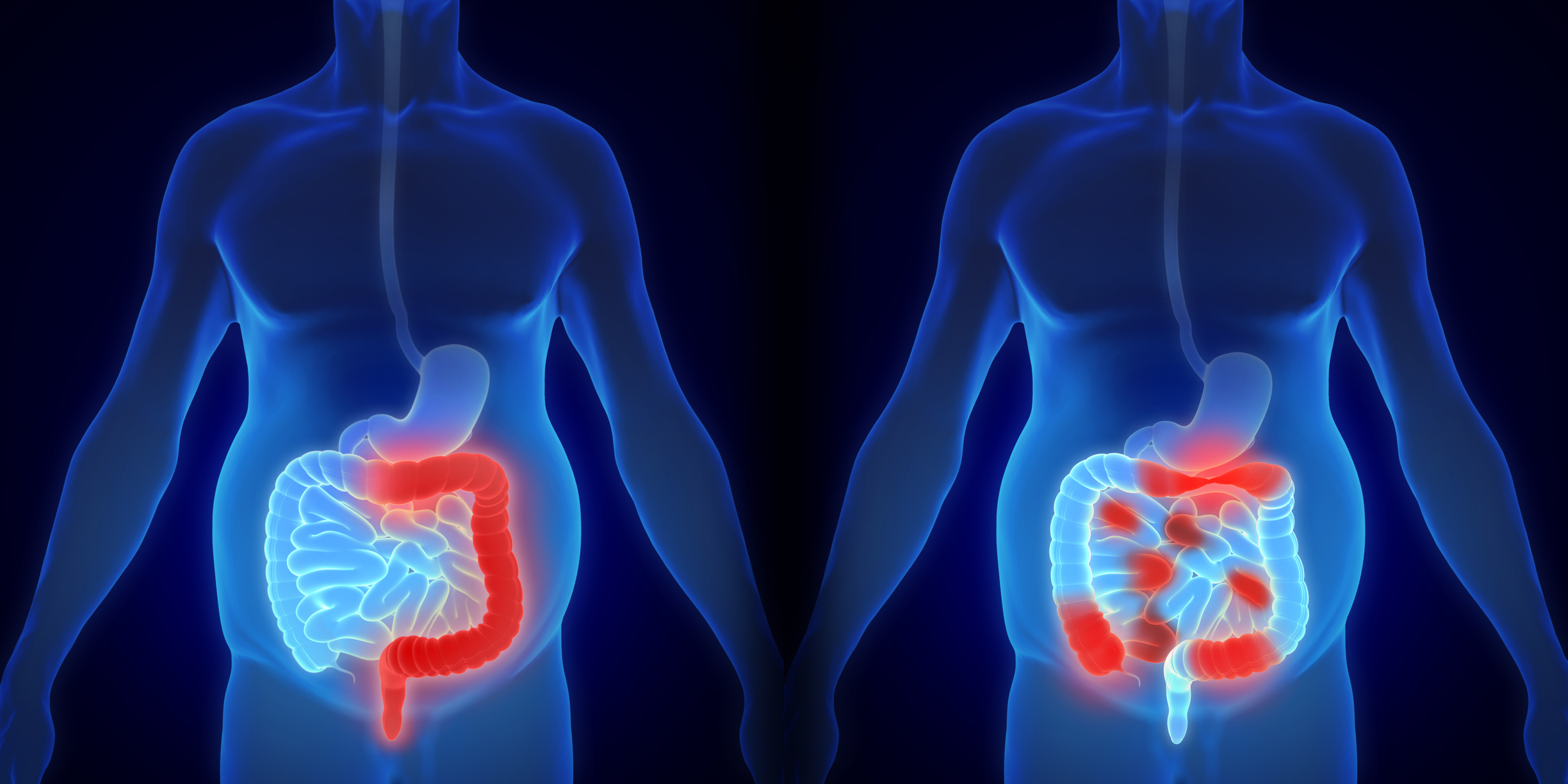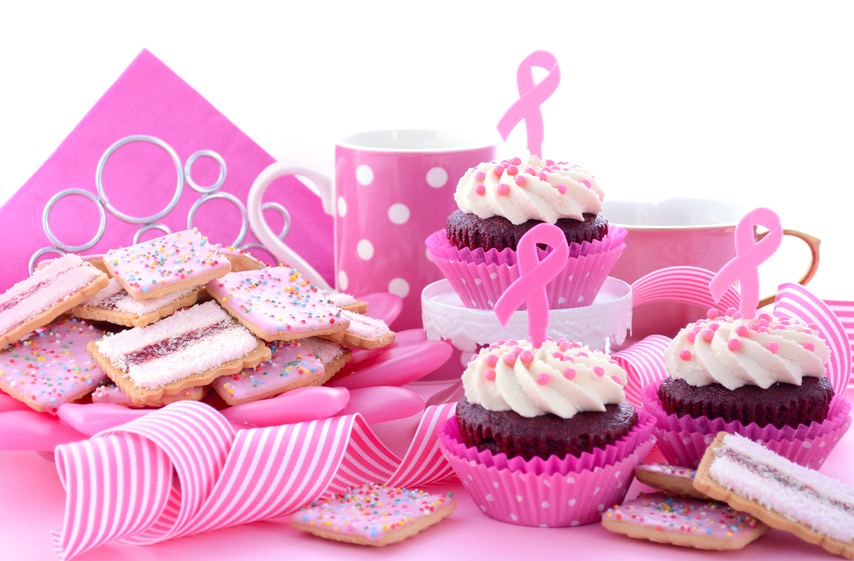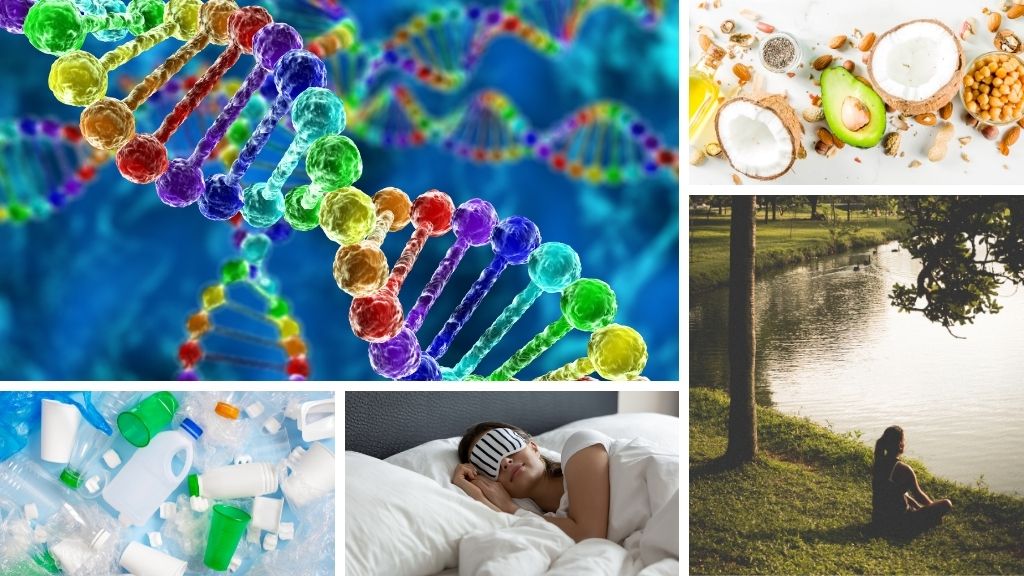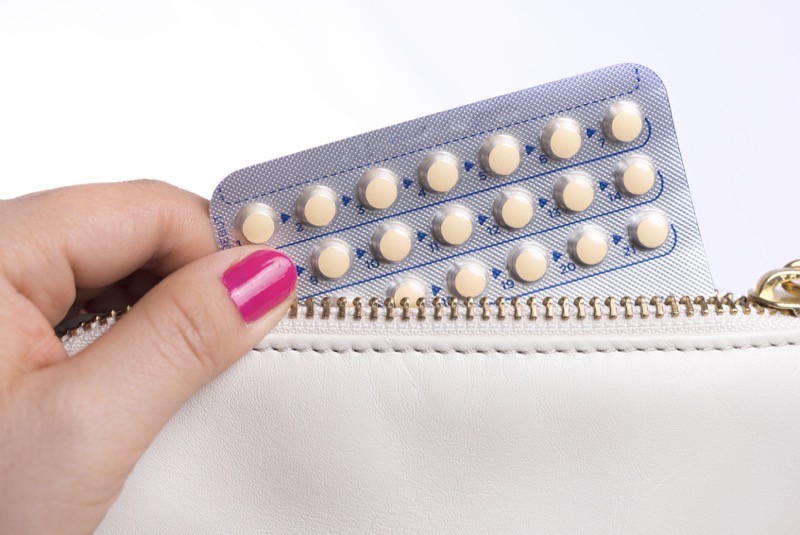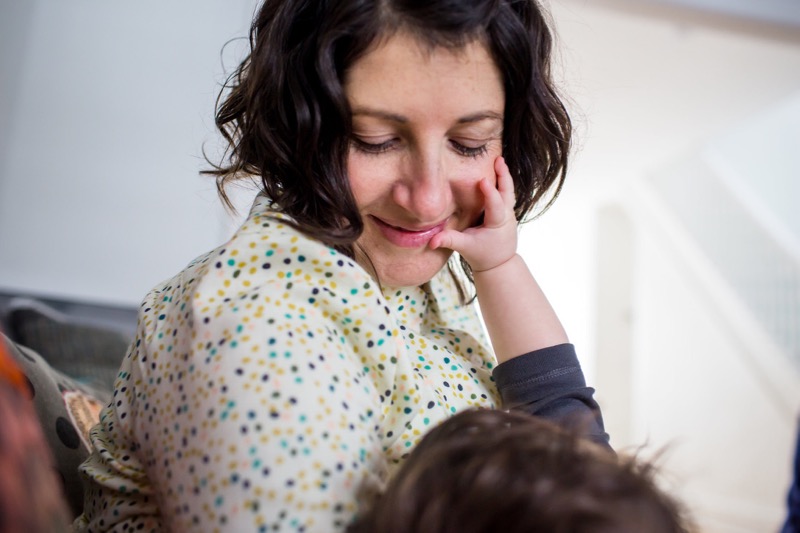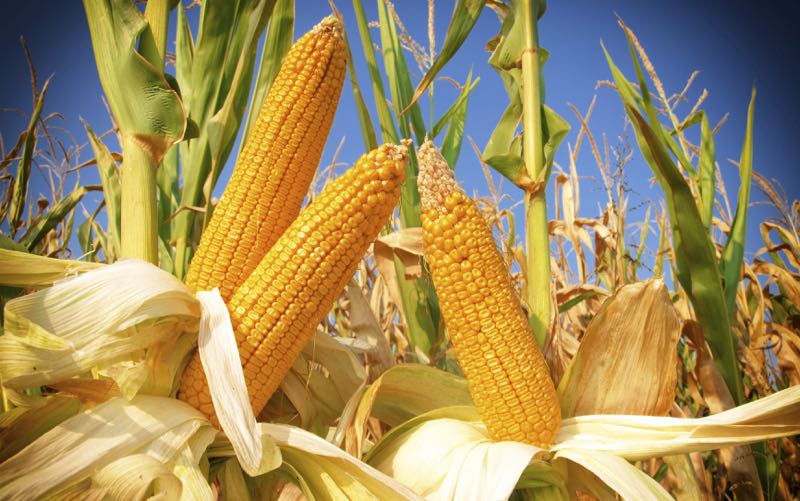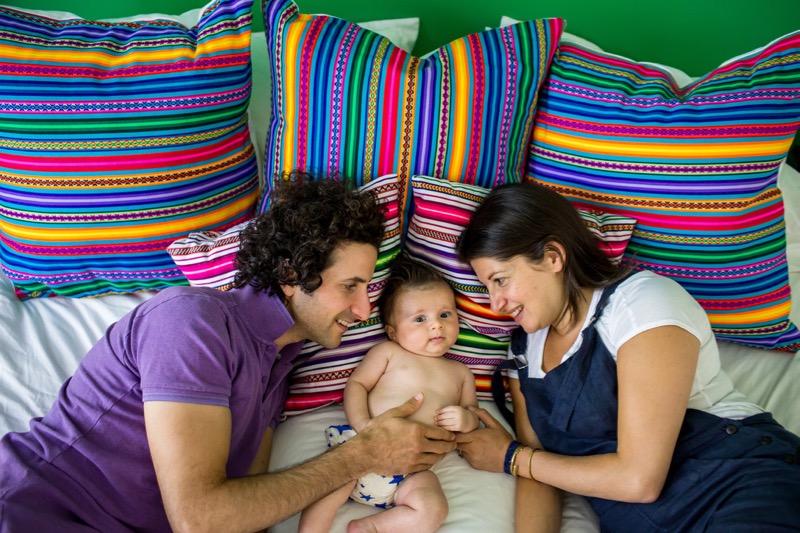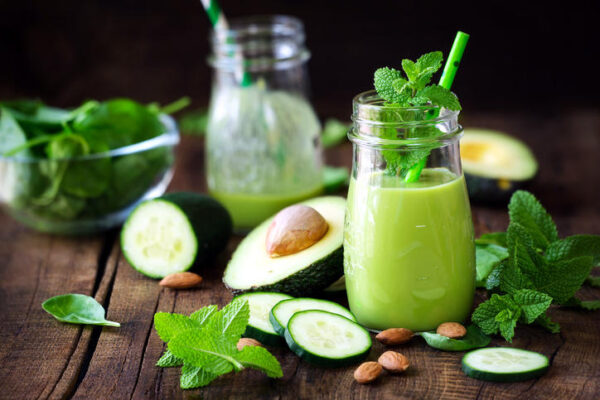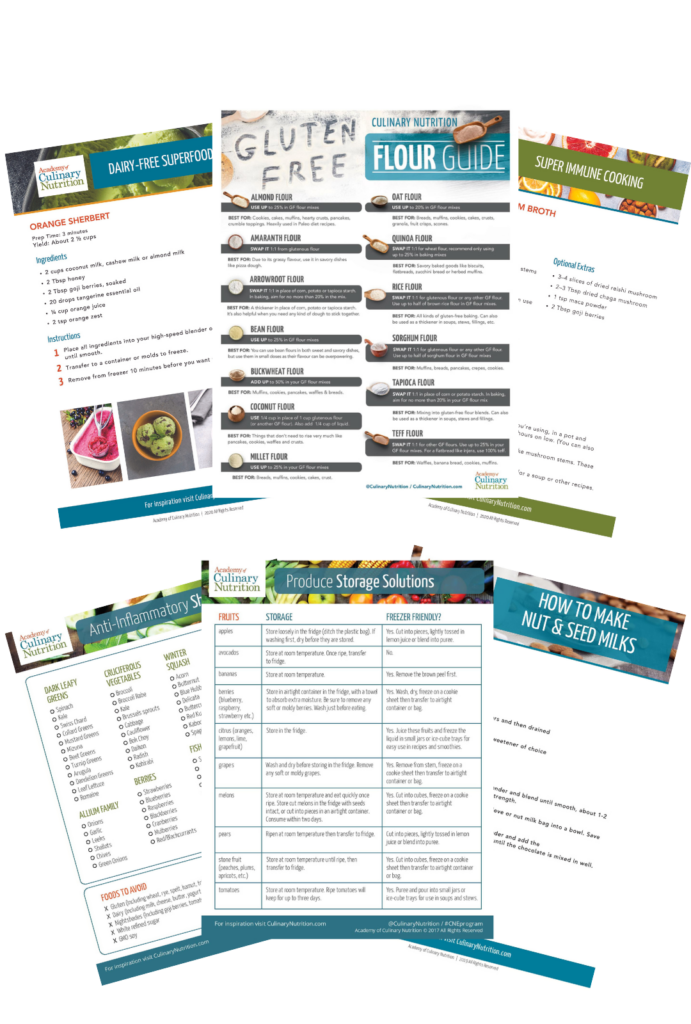Can You Cure the Incurable?
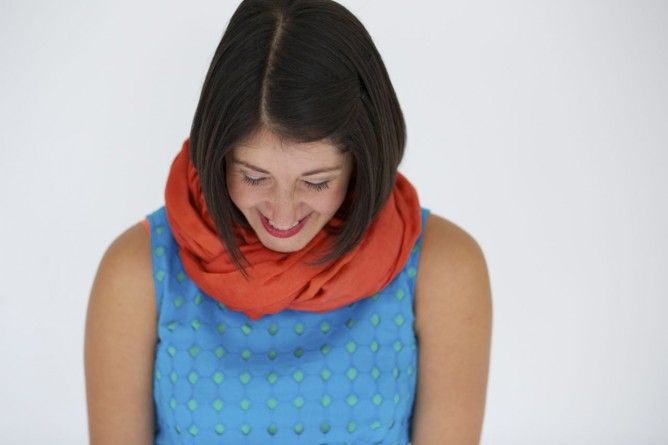
This past summer I had a genetic test done which revealed that I am 10 times more likely, or have a 10 times greater risk based on my genetic make-up, to have Crohn’s and Colitis than the average person of my demographic (taking age, sex, height, weight, ethnicity etc. into account).
Seven years and three months ago, I was diagnosed with Crohn’s Disease, an auto-immune, inflammatory bowel disease that can be life-threatening and is deemed “incurable” by conventional medicine.
I was so sick that I can’t actually fully remember what it was like to feel that way. I was afraid to make plans with friends. I was afraid to eat. My hair was falling out and I kept losing weight. I felt hopeless as much from the prognosis as from the effect malnutrition was having on my thoughts and nervous system. My mom likely remembers this time better than I do, for in this extreme state of mind/body stress, my cognitive function was certainly impaired. I was living on rice cakes and margarine, the nutritional equivalent of eating nothing.
Doctors often tell patients upon diagnosis that this disease can’t be cured. That’s what I was told. Organizations that make their living off raising funds to find a cure (while selling processed meat at their events) will also tell us it can’t be cured. Even now, my own doctor always asks very delicately if I am managing okay when I go in for a check-up.
Despite what I was told, a cure was my goal, and today it is here.
Cancer patients are considered “survivors” when they reach the five year mark post-treatment. Most “incurable” diseases don’t offer a survivor, or thriver, a time frame. They tell us we are in remission, and that the disease can come back at anytime- this is, it seems what their studies tell them and they don’t want to give false-hope. Is it possible though that instead of false-hope they throw a little self-fulfilling prophecy our way? As patients, no matter what the disease, we often end up feeling like victims of bad luck as we are instilled with fear, helplessness, and hopelessness.
Maybe this is easier than having to hold some of the responsibility for our health. Taking responsibility has nothing to do with looking at our life until this point and asking what we should have done differently, or what we did to deserve this. It’s simply about owning our current state and deciding how we want to proceed.
There are always options. But can you handle them?
The tricky bit is often that taking responsibility and exploring all of our options seems hard. This requires us to be honest about who we are, our priorities, our role in what we have and what we’re dealing with. This can be daunting and scary. We are seldom asked to imagine what life would like without that pain, suffering, fear, and disease. The simplest questions to ask are the hardest to answer:
Is it worth exchanging indulgence and the comfort of what I know for health?
Am I ready to take responsibility for my current state of health?
What needs to happen in order to bring on that abundance?
The body’s natural state is health.
When we cut our skin, we feed it some helpful things to promote healing — vitamin E, enzyme-rich honey, cocoa butter — nutrient rich skin-foods that help the skin to heal so that fresh, undamaged cells will take their place.
We know that the cells of our body slough off, or are killed off, and will be replaced by new cells, right? The cells that line the digestive tract, for example, replace themselves every three to five days or so.
The same thing can happen throughout the body.
For Crohn’s disease and most other immune related conditions, conventional medicine suppresses the symptoms. My goal was to determine the trigger for them. I did my best to feed my body and mind with what I thought would be healing, nutritive, cleansing, calming and above all, nourishing. I chose to work with what I was dealing with, not fight against the reality of it.
I healed dramatically quickly from Crohn’s disease. Within about a month, I was symptom-free. That was seven years ago, and I continue to heal every single day.
Why then, am I considering myself cured NOW?
Every seven to 10 years (some sources say up to 15 years), every single cell of the body has been replaced, meaning that right now, we are completely different bodies, from the cells up, than we were seven to 15 years ago.
I am a completely different body than I was seven years ago when I was diagnosed with the disease, 10 years ago when I first developed serious symptoms, and 15 years ago when I first began noticing imbalances in my body. There is no cell in my body that existed when I got sick. It is possible to cure the incurable.
How does this all work?
Spontaneous remission could be one theory, but it doesn’t explain how, being 10 times more likely to have the disease, I would remain healthy.
Maintaining a healing lifestyle is the key to both slowing and in some cases reversing the progression of disease, and maintaining the balance necessary for optimal health. Had I healed, and then reverted to old habits and patterns that had allowed my genetic predisposition to express itself, it very well would have.
This is why so many of these ‘incurable’ diseases can be hard to heal and even tougher to maintain optimal health ongoing. It’s not a one-time thing, or single solution approach, and likely not anything that could ever be duplicated with double-blind studies in a lab setting. It’s not popping a pill, or having a procedure and carrying on with boozey indulgent weekends, GMO-popcorn at the movies, letting sleep be a negotiable and carrying on in stressful dramatic relationships as if nothing has happened.
It’s easy to slip back into old habits and patterns. My commitment to not letting that happen, to learning everything I could, and now making it my career to share this knowledge in the hopes of helping others reduce or potentially alleviate their own suffering, remains my motivation to stay on track. Waking up happy, feeling good, is something I would never want to squander away.
Genetic markers for disease are not a life sentence, just as a genetic predisposition to live a vibrant healthy life until you’re 120 because your grandfather did is also not a given. How we live every single day, knowing that every choice counts, is ultimately what will have the greatest effect on our health today.
My book UnDiet opens with this quote:
A wise man should consider that health is the greatest of human blessings and learn how by his own thought to derive benefit from his illnesses.
– Hippocrates
A long life free of disease is not a certainty with the amount of chemicals and radiation in our environment.
I do know that should dis-ease come into our lives, we can choose to give in and give up, or let it be our messenger — a call to wake up and explore what is in our capacity, without fear or excuse, to make some moves and find that balance once again.
Healing is different from curing in that healing may not mean you go back to the level of health you were before, or even have your desired outcome. Healing is about working with the mind, body and spirit to support what is needed in order to achieve a state of balance. When we are able to tune in and find these states of balance, whether that be through a combination of eating right, moving right, detoxing, resting, cleansing our thoughts and emotions, taking the right therapeutics and medicines when we need to, we begin to heal.
I wouldn’t trade my wake-up call for anything.
Seven years later, I am blessed to have the honour of doing the work I do, which is to offer you options and opportunities to learn, and heal, and hopefully spark that fire in you that invites you to question convention, and find your own path, no matter what that looks like, feeling confident and supported.
Free Resource Library
Enjoy more than 40 downloadable guides, recipes, and resources.
















